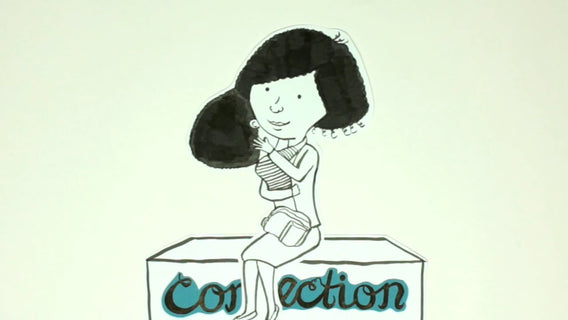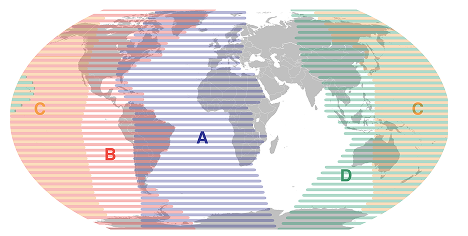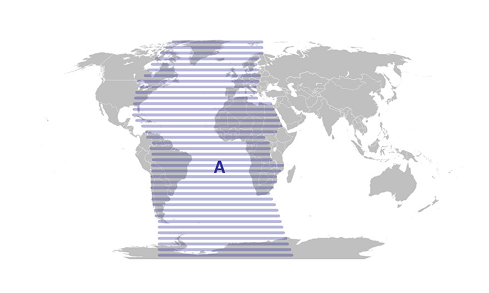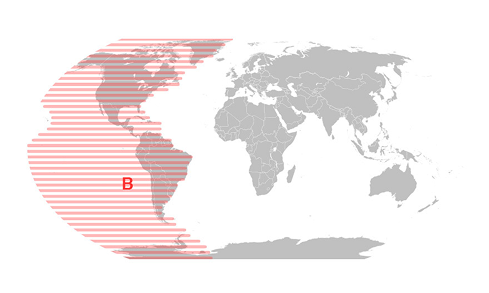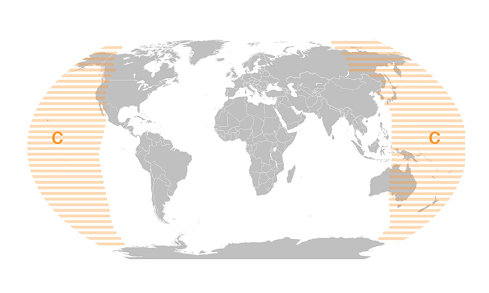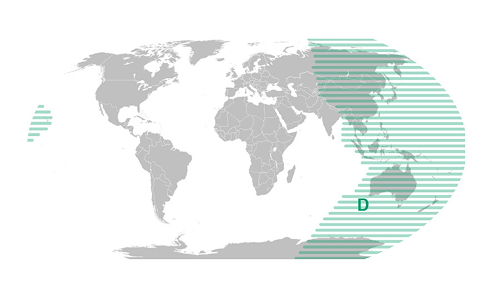
Asking Questions Rather Than Teaching Techniques
At almost every COSP training, a discussion around how culture impacts parenting breaks out. Of course, this makes sense: culture influences humans (including caregivers and their children) in many ways! At the same time, there is strong evidence that humans, like many other species, are "biologically programmed" to form attachments. Not only do infants across cultures show attachment behavior (at predictable ages), but attachment occurs in many other species as well. And it's not just other primates that attach; specific attachment behaviors have been documented from mammals to birds and even to reptiles and insects! So if attachment is universal in humans, does that mean culture is irrelevant? Hardly! It's probably important first to think about what the word culture represents and then consider the question of what is meant by a "culturally responsive practice."
The Cultural Iceberg Model
One key implication of the "Cultural Iceberg" is that much of the way we experience or express culture is through implicit concepts, attitudes or approaches—ones that we might not even be conscious of. From the Circle of Security perspective, this means that how any caregiver approaches "being the Hands on the Circle" for their children is filtered through their own iceberg. Though we often lump people together into categories (by nationality or ethnicity or race or religion, for example), research makes it clear that these groupings are never unified when it comes to concepts, attitudes or approaches to child rearing! In fact, we humans develop (and change) our attitudes and approaches to many things in our lives based on new experiences.

How culture is expressed in explicit ways (e.g., behavior or outward expression of beliefs) and implicit ways (e.g., values and thought patterns). Adapted from the work of Edward T Hall.
Diversity Informed Tenets
In our trainings we talk with practitioners about what we call 'the reflective stance.' Finding ways to help people reflect on themselves and their relationships requires acceptance, trust and positive intentionality. It also requires appreciation of the of diverse perspectives and experiences that the caregivers we work with bring to us. One very useful framework for practitioners is the Diversity Informed Tenets created by a group of infant mental health professionals.
We encourage you to learn more about the Diversity Informed Tenets by visiting diversityinformedtenets.org.
Of course, the fact that people can change is key to programs like COSP™. Helping parents understand what the universal attachment needs of children are (e.g, helping parents "see the Circle") may end up reshaping implicit attitudes that are based on experiences—even experiences that were painful or traumatic. But it surely is not that simple! So let's turn to how we might define a culturally responsive program...
We like the definition of culturally-responsive practice from the Minnesota Association for Children's Mental Health:
"Culturally-responsive practice refers to engaging in ongoing self-critique of one's own beliefs, privileges and biases while nurturing and adapting to the cultural needs of children and families to promote wellness. On a system-wide level, it involves the continued work of modifying programs and policies in pursuit of equity across all cultures and ensuring that people from historically marginalized communities have a leading voice in shaping those systems. Culture encompasses, but is not limited to, race, ethnic and indigenous heritage, religion, language, sexual orientation, gender identity, ability, socioeconomic status and family history."
Learning from Parents
The Circle of Security Program is being delivered in many different cultures around the world by facilitators who have been trained in a process that emphasizes asking caregivers questions rather than teaching them techniques. That said, we're not the ones to answer the question of whether our model is culturally-responsive...we think the most relevant information about this question comes from the reflections of the many wonderful Registered Circle of Security Facilitators or Certified COS-Intensive Providers from around the world and from parents or caregivers who have been through the COSP program.
Here is one such reflection which was written on an evaluation of a 4-day COSP training that occurred in 2019:
"It came up during the workshop as a suggestion to 'indigenize' this program for First Nations families. I feel as every person born is indigenous, and has the desire for attachment and need for it at every age and stage in life. As an indigenous person, I will have and carry that sensitivity. I feel strongly that the facilitator, and this model, is culturally safe and that there need not be any fine tuning for our people. Also, that (COSP) is an effective way to return our experience as caregivers of First Nation people to the parenting we traditionally had. It is the work of each individual to come to terms with that, not yours, or [COS-International's]"
The Path Forward
The Circle of Security Program's journey ahead continues to be guided by the power of asking questions rather than prescribing techniques. This approach has proven instrumental in bridging cultural differences while honoring universal attachment needs. By maintaining our focus on reflection and understanding rather than directive teaching, we create opportunities for caregivers from diverse backgrounds to discover how attachment principles naturally align with their own cultural values and experiences. As we move forward, we remain committed to this respectful, question-based methodology that creates space where cultural wisdom and attachment science can work together. The program's growing success in various cultural contexts shows us that the path forward lies in understanding rather than instructing – supporting healthy attachments while celebrating the rich diversity of human caregiving practices. This journey reminds us that the most effective way to advance is by continuing to listen, learn, and grow alongside the communities we serve.


